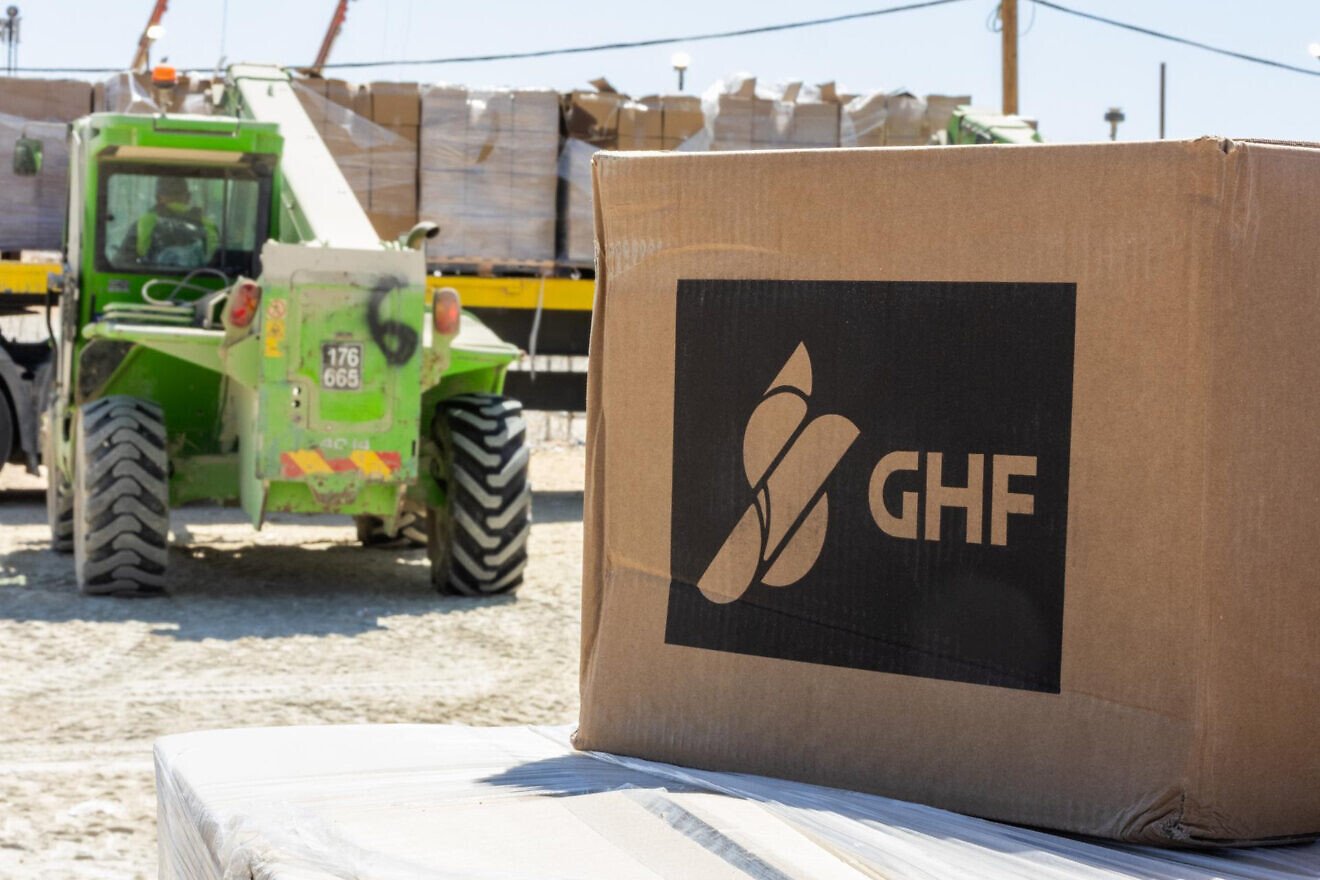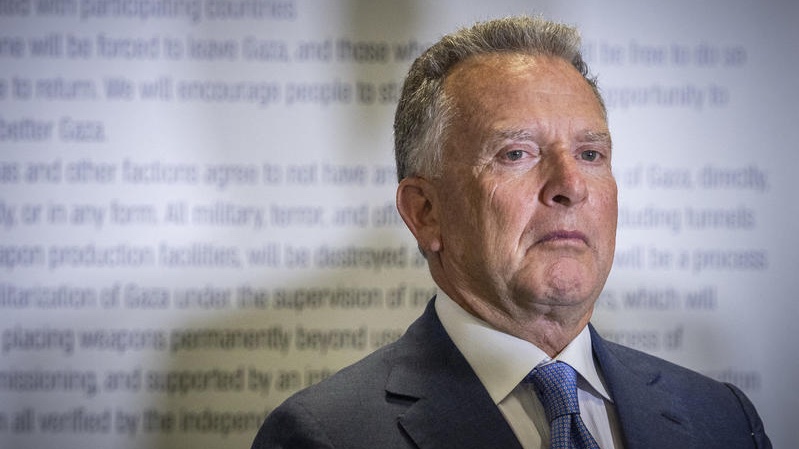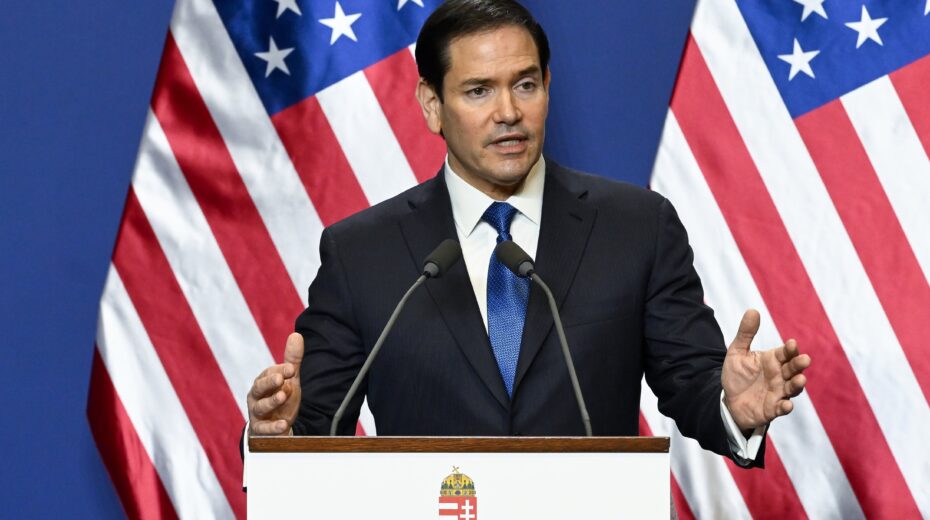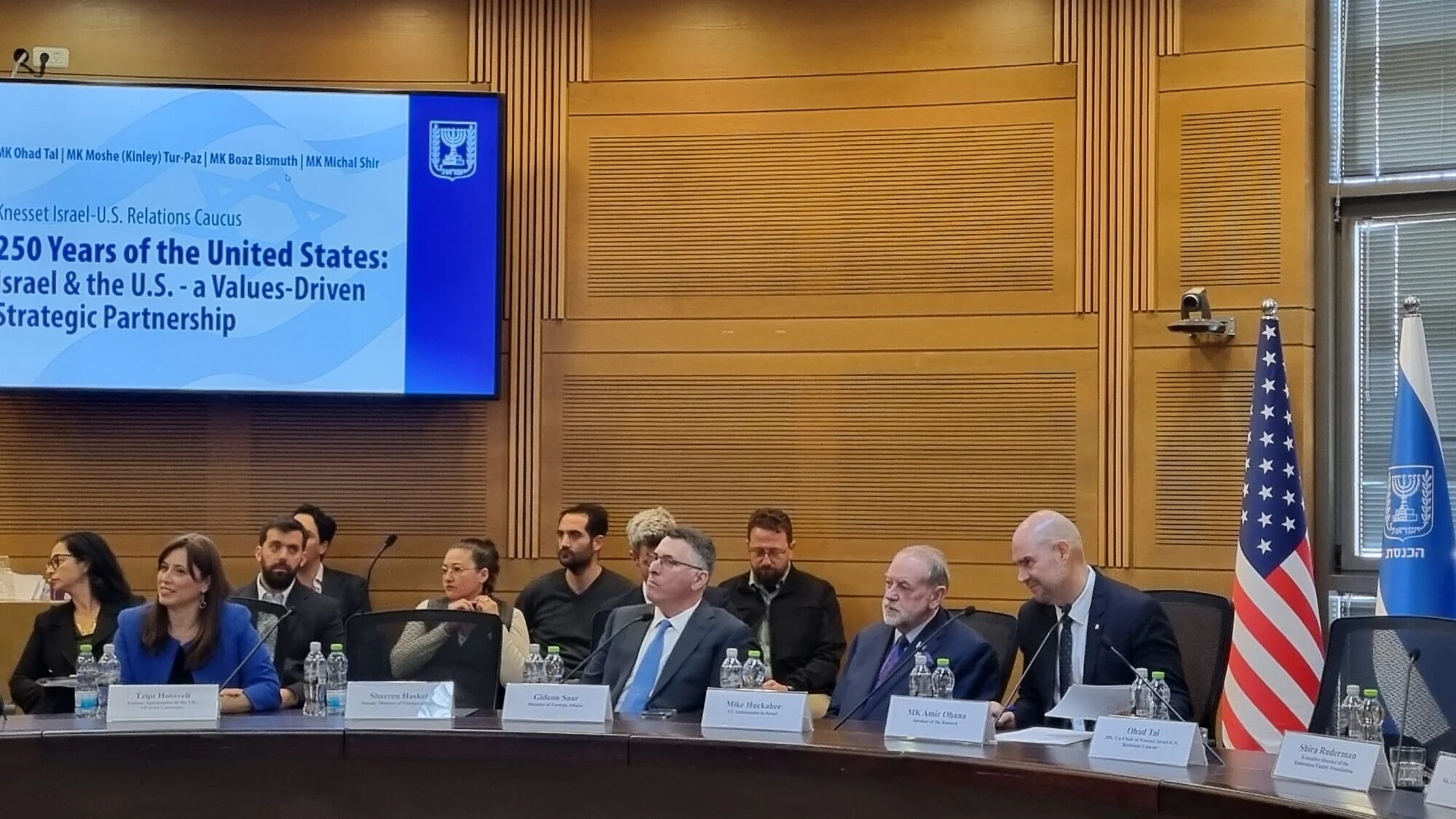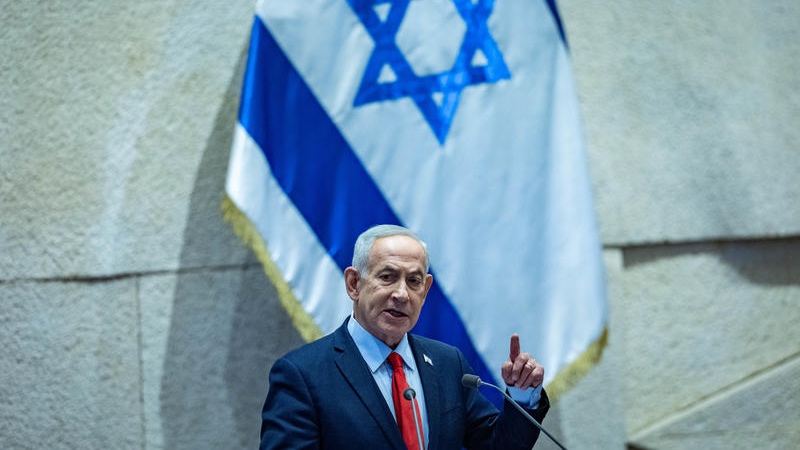(JNS) The Gaza Humanitarian Foundation (GHF) exists for a single reason: to feed civilians in the Gaza Strip. We are not a partisan organization or interested in politics. We are a humanitarian organization. We exist to save lives. And yet, since we began distributing food in late May and despite reaching as many as 1 million Gazans, we have been targeted by a smear campaign eerily similar in tone and direction to the gross ideologies fueling global antisemitism.
We are not a Jewish organization, but the attacks against us draw from the same tactics, and they are propagated by the same networks of antisemites.
The goal is clear: to shut us down. Yet, if we shut down, more civilians in the Gaza Strip will die, and this terrible war may be further prolonged by the manipulation of a broken humanitarian system, run as a monopoly.
Since our first day of operations, we’ve distributed nearly 100 million meals to civilians. Still, more than 170 NGOs, including Oxfam, Médecins Sans Frontières and Save the Children, have demanded that our distribution system be dismantled. They claim to defend humanitarian neutrality. But that “neutrality” leaves civilians hungry and is without virtue.
Meanwhile, organizations like the United Nations refused to move 950 truckloads of food cleared by Israeli authorities until we pressured them to put politics aside and do their job. Those trucks sat baking in the heat on the Gaza side of the Kerem Shalom border crossing. Rather than let GHF deliver the food, the United Nations and others seemingly prefer to let it rot.
The formal criticisms—though deeply flawed and morally questionable—would be manageable on their own. But now, there is a growing body of evidence that these groups are amplifying vile accusations from Hamas-linked sources. These smears claim that we have laced aid with drugs. That we have targeted civilians. They hold us to double standards. They try to delegitimize our work altogether.
Weeks ago, some accused us of mixing pills with flour. The lie was chilling; it reminded us of the medieval lies that Jews poisoned water wells. Those lies led to expulsions, pogroms and massacres of Jewish communities. The script was as similar as it was simple: invent poison where there is none and punish the innocent.
Similarly, every day, Hamas and its allies—some in suits and ties, and others in newsrooms—produce some lie about deaths at our aid distribution sites. This, too, feels familiar; it is a blood libel.
GHF is condemned for distributing aid while adhering to Israel’s security protocols, which all humanitarian aid groups must do, especially so in a time of war. Meanwhile, the United Nations operates in the Strip with the support of Hamas. That relationship goes largely unquestioned. No statements denounce the world body for relying on a terror group that has killed aid workers, massacred civilians, taken hostages and infiltrated agencies like the UN Relief and Works Agency for Palestine Refugees (UNRWA), to its everlasting detriment, and unleashed this hellish war on Oct. 7, 2023.
When we deliver food without theft or diversion, the same groups call our work illegitimate. Others, too, criticize our use of Israeli supply chains to pack food boxes. I have seen Jews, Muslims and Christians at warehouses in Israel working with speed, efficiency and purpose to ensure emergency food aid reaches the local population. They are proud of their work. And they are similarly proud to support, in many cases, the World Food Program and others that similarly rely on Israeli suppliers and logistics channels. But no headlines denounce their complicity, and no statements question their morality.
In short, GHF is being held to a standard that no other humanitarian actor is required to meet. And the result is dangerous. It has put our staff at greater risk and discouraged coordination that could save lives.
We are not a Jewish organization. But at this moment, we find ourselves the target of the same methods of marginalization. These methods seem to run freely on the same tracks laid worldwide upon which renewed trains of antisemitism drive.
We know what it means when ideology drives false accusations. And we know what happens when double standards are allowed to flourish unchecked.
We have reached a moment where feeding a hungry child has become controversial. That is a failure not of logistics, but of politics. And it is a moral failure, too.
Despite the criticism, GHF remains committed to delivering food to as many people as possible, as quickly as possible. We continue to call upon aid agencies, the Israeli government and the United Nations to act with urgency and coordination to get stalled supplies into the hands of civilians. We are in lockstep with faith leaders and human-rights advocates, including major Jewish organizations, on this issue.
In this war, there is only one side we are on: the side of the hungry. And we will keep showing up until every family in Gaza has food on the table, from the south to the north and everywhere in between.
No one should have to apologize for feeding the needy. And no one should be attacked for doing so, especially those who claim to speak for human rights. But in this world, bigotry too often prevails over truth.


